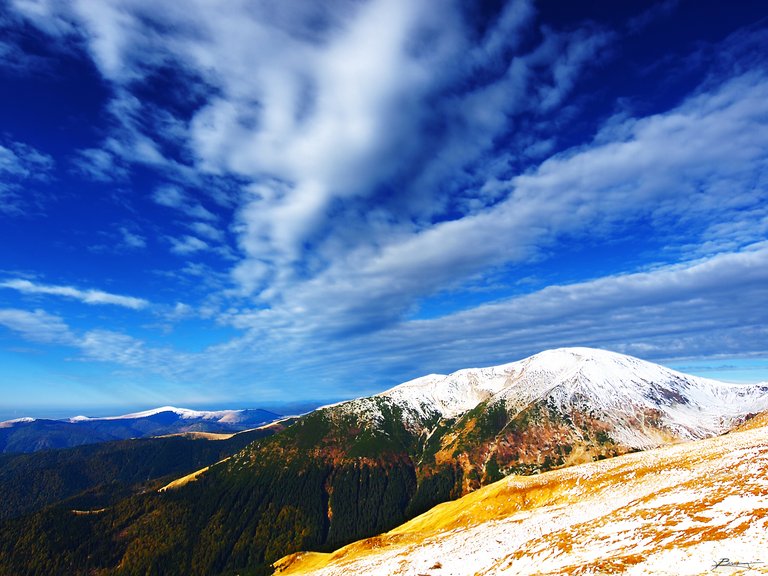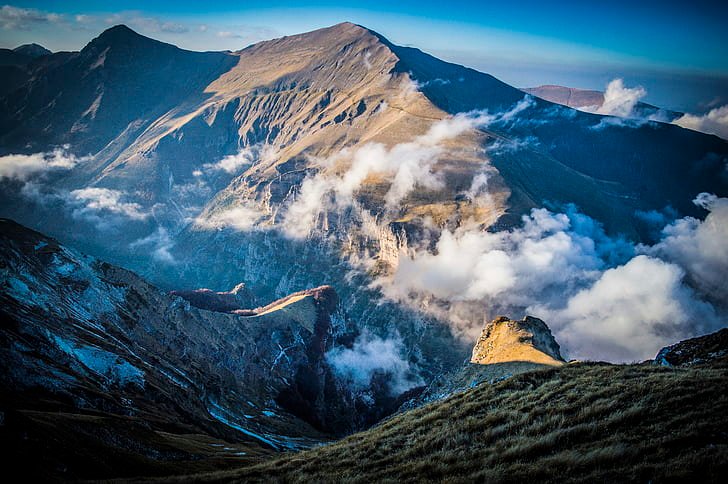The Higher the Altitude, The Colder It Is
When we climb mountains, it is a fact that we are getting closer to the sun, but while we are gaining altitude and getting closer to the sun, it is colder up there.
When the sun heats the Earth, the atmosphere doesn't absorb it so it hits the ground and water bodies which then absorb the sun’s energy and emit it back as infrared radiation. It is this re-emission that warms the air around us. So, people who are just receiving the heat from the surface of the earth on their skin but this is different with climbing a mountain because the ground is farther away and less effective while the air gets thinner.
With this explanation, being close to the sun doesn't mean you will get the heat from the sun, the factor to consider is the things that surround us and how they hold on to the sun's energy. So why not mountains? This is because the higher you go, the more the air pressure drops, and the density of the air decreases leading to adiabatic cooling where the air is cool because the air is expanding.
Also, mountains are terrible at holding heat as they lose it immediately as there is no moisture in the air to hold it down like there is on the ground level. Altitude is what changes when it comes to mountains and being cold, it is still the same sun, the same location, and the same time. To further explain that the closer to the sun doesn't mean more heat, we can look at space. Space is a vacuum with no air, or molecules to trap heat.
If we are to understand warmth, it has to do with what the sunlight shines on and how effectively it can retain the heat. If there is a surface to absorb, an atmosphere to trap the heat, pressure, and moisture, but when one is at high altitude, one loses these things. In a desert with no moisture, dry air, while it can be very hot during the day, it can be cold at night. At high altitude, the greenhouse effect exists but it is weaker so they are not able to re-emit heat efficiently.
So when next you are climbing up a mountain, do not go with the notion that the closer you are to the sun, the warmer it will be. Go prepared that you might be meeting extreme cold or freezing temperatures.
Reference
https://www.sciencefocus.com/planet-earth/why-is-it-colder-at-the-top
http://scienceline.ucsb.edu/getkey.php?key=4561
https://www.earthdate.org/episodes/cooler-in-the-mountains
https://www.astronomy.com/science/how-cold-is-it-in-outer-space/
https://www.livescience.com/why-do-deserts-get-cold-at-night.html
https://earthobservatory.nasa.gov/biome/biodesert.php


You have cleaned a common misconception in a very good way. It is really a matter of thinking why we feel cold on the mountains despite being close to the sun. The simple language in which you have told about adiabatic cooling, atmospheric pressure and heat trapping will help any reader to understand science. The next time this information will be really useful while climbing the mountain.
Thanks for your contribution to the STEMsocial community. Feel free to join us on discord to get to know the rest of us!
Please consider delegating to the @stemsocial account (85% of the curation rewards are returned).
Thanks for including @stemsocial as a beneficiary of this post and your support for promoting science and education on Hive.
Congratulations @elity-sitio! You have completed the following achievement on the Hive blockchain And have been rewarded with New badge(s)
Your next target is to reach 75000 upvotes.
You can view your badges on your board and compare yourself to others in the Ranking
If you no longer want to receive notifications, reply to this comment with the word
STOP